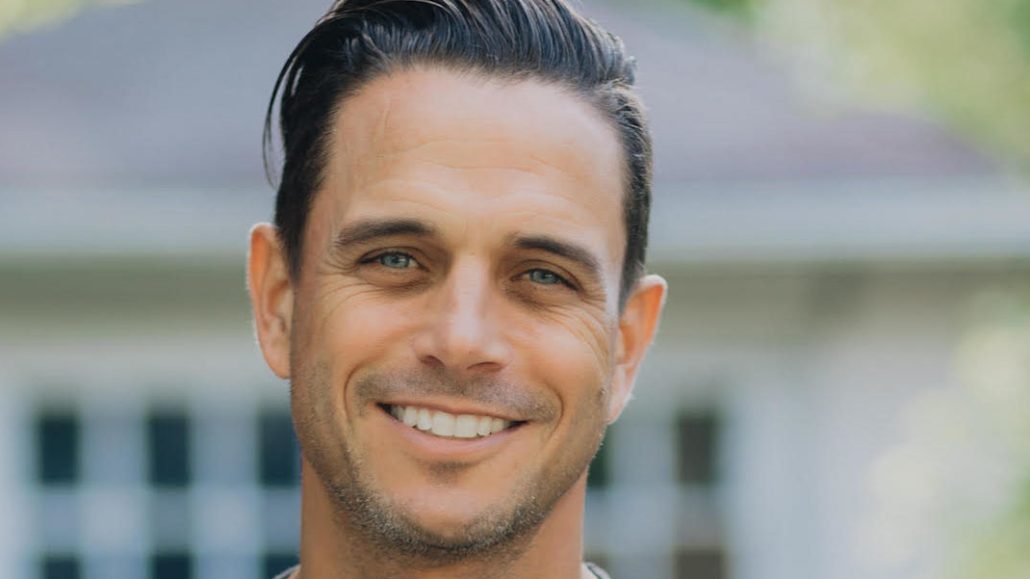Save 50% on a 3-month Digiday+ membership. Ends Dec 5.
Life After Advertising: From chief creative officer to nonprofit leader

In our series “Life After Advertising,” we share the stories of past advertisers who endured the long hours in the industry and have emerged in a new career, perhaps a little worn, but mostly unscathed and living new dreams.
Rob Strasberg, 49, spent 25 years in advertising, including 10 years as a creative director at Crispin Porter + Bogusky working on brands like Volkswagen and Mini, plus nine years at Detroit-based Doner, where he rose to chief creative officer and co-CEO.
But in January 2017, Strasberg left advertising to run a nonprofit with his wife, Treger. Humble Design furnishes homes for people who are transitioning out of homeless shelters. Digiday spoke with Strasberg about departing the advertising industry and how Humble Design started.
Why did you decide to leave advertising?
In advertising, there is a small portion of opportunities where you really feel like you are changing the world. I was fortunate in my career that I was able to work on campaigns that gave you that sense, but I wanted to feel that on a day-to-day basis. Also, I’ve worked on other people’s companies for so long, it’s exciting to get behind your own company and see where it can go.
How did Humble Design come about?
It was 2009 when my wife and I first moved to Detroit for the Doner job. My wife started volunteering at a nonprofit, where she became friends with a homeless woman. My wife helped her find a home and then went around the community asking for furniture to furnish her house. People kept bringing stuff over to the house even after the house was done, so she decided to help someone else. Every three months, we would fill up our garage and do another haul. At the end of the year, the word got out that someone was doing this, and the waiting list at the shelters was 100 families long.
What happened next?
Instead of giving our money to a bunch of charities, we decided to invest ourselves. We got a warehouse, hired some employees and tried to figure out a sustainable business model. Today, Humble Design has helped 900 families furnish their homes, and the original headquarters in Detroit is helping three families a week.
What are your plans for Humble Design?
We are building a national management team to thoughtfully and responsibly manage expansion. The goal is really to make it a brand name. We would be the Habitat for Humanity of donated furniture and household goods. We opened a Chicago office in March of 2017 with CB2’s help and last month opened a Seattle office with the help of Microsoft and the Schultz Family Foundation. We plan on opening a second location in the Detroit area, and we are close to opening one in San Diego.
Ad position: web_incontent_pos1
How do you apply your advertising background to Humble Design?
It helps to have the skill of working with national brands. What we do is have brands come down to deco days, when the families get to see their homes fully furnished. We charge for that, and create videos and content for them so they can show their authentic side. We’ve worked with local brands and national brands like Bank of America, Ford and U-Haul.
What do you miss the most about advertising?
I miss the creative spark. I used to call it the “home run walk,” the sense that you have come up with an original idea that fits the strategy and is going to be exciting to present to the client.
What don’t you miss about advertising?
When you’re leading an agency, you want everything to go perfectly. You want to win all the accounts, and you want everyone’s careers to flourish. Unfortunately, advertising is a roller coaster and people who are talented don’t always continue on the journey. I don’t miss the pain that comes with being a leader. At Humble Design, I don’t have to deal with that.
More in Marketing

Ulta, Best Buy and Adidas dominate AI holiday shopping mentions
The brands that are seeing the biggest boost from this shift in consumer behavior are some of the biggest retailers.

U.K. retailer Boots leads brand efforts to invest in ad creative’s data layer
For media dollars to make an impact, brands need ad creative that actually hits. More CMOs are investing in pre- and post-flight measurement.
Ad position: web_bfu



